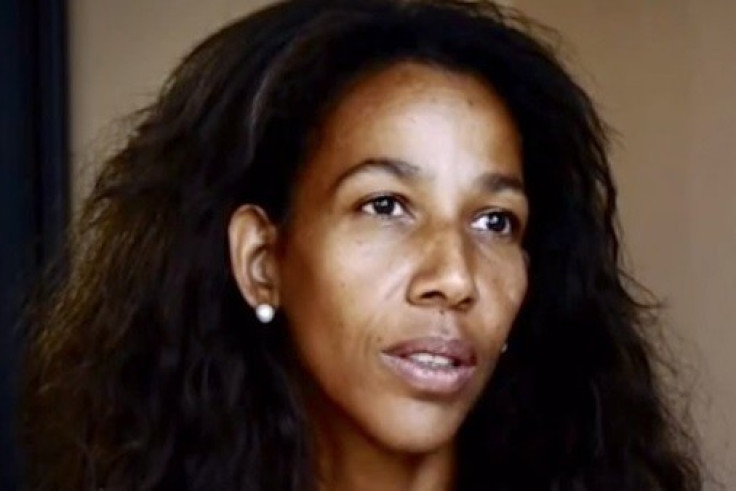Schindler's List Nazi Killer Amon Goeth's Black Granddaughter: He Would have Shot me
Jennifer Teege says Kraków-Płaszów camp commander would have considered her subhuman

More than six decades after SS killer Amon Goeth killed thousands of Jewish prisoners in a concentration camp, his Nigerian-German granddaughter has documented her torment after discovering her connection with him.
Jennifer Teege, who is the love child of a Nigerian student and Goeth's daughter Monika, was given away shortly after birth. As a result, she grew up unaware that Goeth, the commandant of the Kraków-Płaszów concentration camp, was her maternal grandfather.
She found out the truth of her heritage purely by chance when she picked up a book called I Have to Love My Father, Right? by Monika Hertwig. As she read it, it dawned on her that the author was her own mother, making Goeth her grandfather.
In a chilling new memoir entitled Amon: My Grandfather Would Have Shot Me, Teege struggles to come to terms with the realisation that Goeth, known as the "Butcher of Plaszow" who was played by Ralph fiennes in the film Schindler's List, would have considered her subhuman and killed her because of her race.
"It was like the carpet was ripped out beneath my feet," she said. "I had to go and lie down on a bench. I called my husband and told him I couldn't drive and needed to be picked up.
"Then I said to my family that I did not want to be disturbed, went to bed and read the book cover to cover."
She added: "Even though my birth name is Goeth, it wasn't written out on the screen so when I heard it in the film it didn't even occur to me that there could be a link.
"Now I know that as I have black skin, he would have seen me a subhuman like the Jews he killed."
In 2010, Hertwig told an Israeli documentary team about the burden of being the child of a Nazi killer.
"My Nazi father shot women with babies in their arms from this balcony, I am tormented by how much of him is in me," she said.
Teege said she understood why Hertwig chose to hide the truth from her.
"My mother was absolutely unable to cope with her own history. And she wanted to protect me by keeping me in the dark about it," she said.
"Once I learned about my family's past, I had to make a conscious decision to live in the here and now."
Teege believes that writing the book has been a form of therapy and has helped her work through the horror and depression that her family tree inspired.
"It's possible to move beyond repression to gain a kind of personal freedom from the past by finding out who you really are," she said.
© Copyright IBTimes 2024. All rights reserved.






